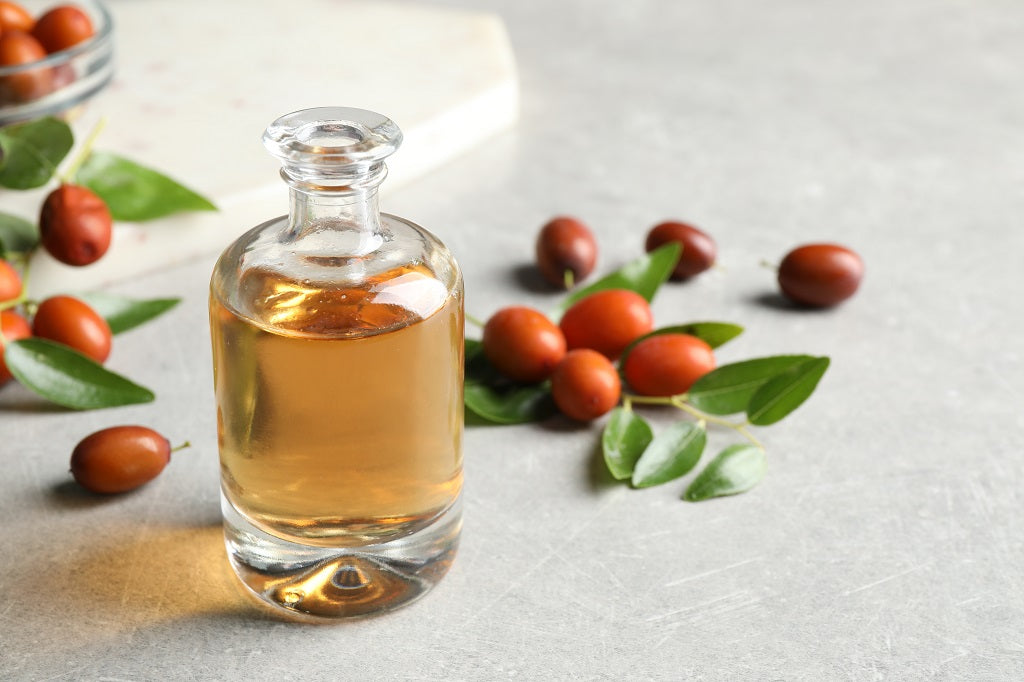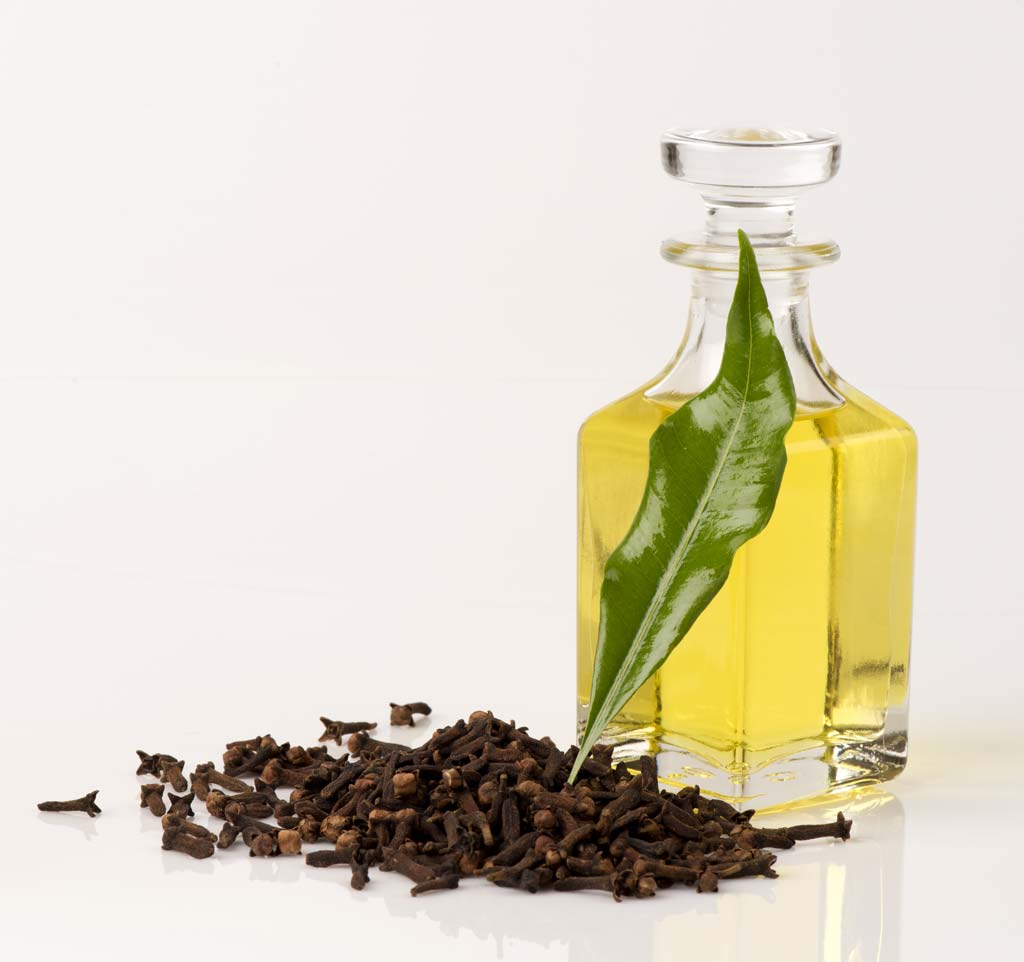Not only are almonds the healthiest food to snack on, but its oil can also do wonders on your skin. Almonds primarily grow in the Middle East and South Asia. Extracted from the seeds of raw almond, this oil has a gigantic role to play in the cosmetic industry. Almond oil is non-volatile, non-fragrant, and has a number of important nutrients like Vitamin E, Magnesium, Omega-3 fatty acids, phosphorous and calcium. This variety and richness makes it not only an effective hair and cosmetic product but also contributes significantly to the field of medicine.
Benefits Of Using Almond Oil For Your Beard

Growing a beard that is voluminous, even and thick doesn't happen by default. It takes its own investment in terms of effort, care and grooming products too. Facial hair growth is uneven patches can come in the way of having a great-looking beard. Which is why the section for men in the beauty stores seems to be ever-expanding, especially the beard care section. While there are enough and more beard oils in the market to purchase, great beard care is possible using the purest and most effective ingredients at home too.
Almond oil is one of those natural and easily available oils that can wonderfully improve facial hair growth and also helps with keeping it well-groomed. Here are a few benefits of Almond oil when used on your beard
- It helps with beard growth. Poor beard growth may happen due to Magnesium deficiency. But, since almond oil is loaded with this nutrient, it helps with healthy growth.
- It makes your beard grow strong and thick
- It keeps skin under the beard moisturized
- It makes your beard shiny and lustrous
- Styling your beard becomes easier as it acts as a natural hair gel to dress it up.
- It treats dandruff and keeps your beard soft. Almond oil cleans your scalp thoroughly by removing the dead skin cells. This way, it keeps dandruff at bay and conditions your facial hair and skin. It locks in the right amount of moisture, thus ensuring that it doesn’t become dry and soft.
- It reduces dryness and itching on the skin. Dryness is usually the main cause of itching and irritation. But fighting against this is now easy thanks to Almond Oil. It helps moisturize your hair roots and skin and soothes the irritation altogether over meticulous usage.
- It Reduces Inflammation. What makes Almond Oil ideal for treating inflammation is the fact that it has a very high level of fatty acid content. It thoroughly moisturizes and softens the skin thus improving blood circulation in the affected areas.
Steps To Apply Almond Oil In Your Beard

Loaded with healthy fats, proteins and vitamins, Almond oil is highly useful for growing, maintaining and daily grooming of your beard. You can use Almond Oil alone, or mix it with other oils to enhance its properties and the subsequent effect on your beard. Either way, here are a few basics steps to follow, while applying Almond Oil in your beard. There are some effective ways of applying beard oil.
Also Read : 6 Most Effective Ways for Applying Beard Oil
- First off, wet your beard and gently comb it down. Repeat this step until your beard is completely untangled. This makes it easy for oil.
- Remember that oil and water are insoluble together. So it is important to pat your beard dry before going ahead with oil application. If you don’t dry your beard, then the oil will not seep into your roots and no absorption will take place.
- Now that your beard is completely dry, you can start off by taking a little bit of almond oil in your palm.
- Spread it across your fingers and gently apply it on your skin that is under the beard.
- Massage gently with your fingertips in a circular motion.
- Make sure that the entire beard is evenly coating with the oil.
- Now use a comb to disperse the oil further. Using a comb will ensure activating your hair roots, and thus improving blood circulation under the beard. This is important for hair strengthening and improved hair growth.
- Use Anveya's Almond Oil in your beard up to two times a day meticulously, for the best results.
ANVEYA SWEET ALMOND OIL, COLD PRESSED ORGANIC, 100ML
- Antioxidant properties fight WRINKLES & SAGGING SKIN
- One of the best oils for MASSAGE
- Rejuvenates dead cells, moisturizes CHAPPED LIPS
Apart from just using Almond Oil solely for your beard, here are a few other recipes for the same!
- Almond Oil and Jojoba Oil for a Healthy Skin
- Grapeseed Oil and Almond Oil to Reduce Dryness
- Almond Oil and Hazelnut Oil for a Dry Beard
- Castor Oil and Almond Oil for Improved Facial Hair Growth
- Avocado Oil and Almond Oil for Damaged Hair
- Almond Oil and Argan Oil for Frizzy Beard Hair
Also Read : Castor Oil for Beard - Uses, Benefits & more
Are There any Side Effects of Almond Oil?
The best part about Almond Oil is that it is a very neutral and natural ingredient. It is perfectly safe to use on your beard. But, the only concern is if you have an allergy for nuts. If that is the case, it is best to stay away from Almond Oil. Using it may lead to inflammation, allergies, irritation or more.
Even if you haven’t noticed any allergy towards nuts, it is advisable to perform a patch test before you start using it on a regular basis on your facial hair.
General Tips for Maintaining Your Beard
- It is healthy to trim your beard 2-3 times a week for a better growth rate. You can vary the frequency depending on how much facial hair you have.
- Avoid using harsh chemicals on your hair, as it can damage both your beard and the skin beneath.
- Take good care of your skin by exfoliating it once a week to remove dirt, germs and dead cells. This will help improve hair growth.
- Make sure to wash your face at least twice a day with lukewarm water, to improve your hair’s growth and health drastically.
- Ensure you are adequately hydrated and get a good sleep on a daily basis, as it really helps with your overall health, including your beard’s.
Also Read : A Beginners Guide for Beard Grooming
Disclaimer: All the content on anveya.com/blogs is solely for information. It is not intended to be a substitute for professional medical advice, diagnosis or treatment. Always seek the advice of your physician or a qualified health care provider. The information, suggestion or remedies mentioned on this site are provided without warranty of any kind, whether express or implied.





